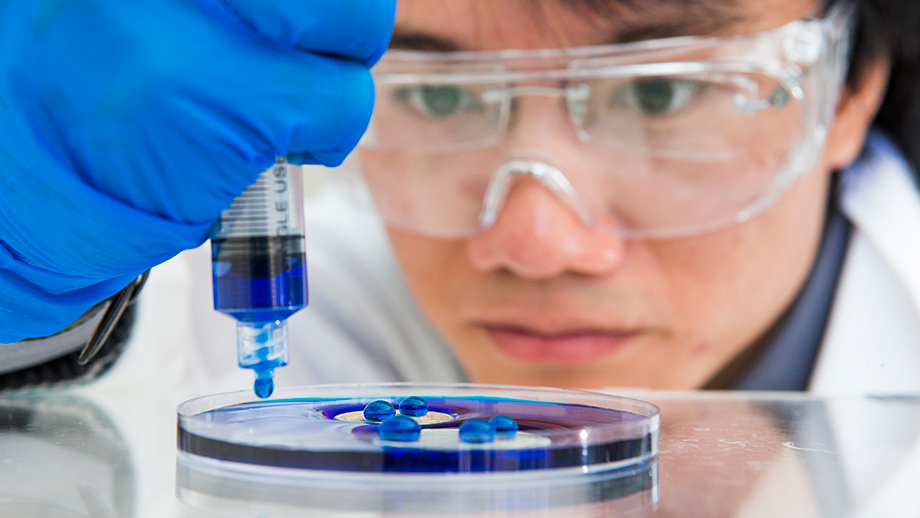New super spray-on waterproof coating could save your phone from a soaking
Sorry Apple, the iPhone 7 is already out-of-date

Apple made a big deal out of its newly-waterproof iPhone 7 in an event broadcast around the world this week. But it could already be out of date, as Australian engineers have just announced the discovery of a new spray-on material that has remarkable water-repellant qualities.
While there are a bunch of super-hydrophobic coatings on the market, they tend not to last for very long. This reason is that the nanostructures that allow them to repel water break up and degrade over time.
Fishing Nets
But the new coating, developed by a team led by William Wong at the Australian National University's Research School of Engineering, combines two plastics, one flexible and one tough, making it substantially more robust.
"It's like two interwoven fishing nets, made of different materials," Wong said. There are two ways to make it, both cheaper and easier than current manufacturing processes. The coating is also transparent and highly resistant to ultraviolet radiation.
"We can apply it to practically everything," Wong added. "So you could have paper, cardboard, wood, clay, stone, bricks, plastics, windows, building materials of any sort. Anything you can practically think of."
Real-World Applications
That means your next phone could be substantially more waterproof than models currently on the market. But the potential applications don't stop there.
"The key innovation is that this transparent coating is able to stabilise very fragile nanomaterials resulting in ultra-durable nanotextures with numerous real-world applications," said Antonio Tricoli, who also worked on the project.
Get daily insight, inspiration and deals in your inbox
Sign up for breaking news, reviews, opinion, top tech deals, and more.
"It will keep skyscraper windows clean and prevent the mirror in the bathroom from fogging up." It could also prevent ice from forming on the bodies of aeroplanes, or protect boats from corrosion.
The same principles used to make this material could even help develop a wide range of other coatings. "A lot of the functional coatings today are very weak, but we will be able to apply the same principles to make robust coatings that are, for example, anti-corrosive, self-cleaning or oil-repellent," said Wong.
The team's research was detailed in a research paper published in ACS Applied Materials & Interfaces, and summarised in the following video:
- Duncan Geere is TechRadar's science writer. Every day he finds the most interesting science news and explains why you should care. You can read more of his stories here, and you can find him on Twitter under the handle @duncangeere.
